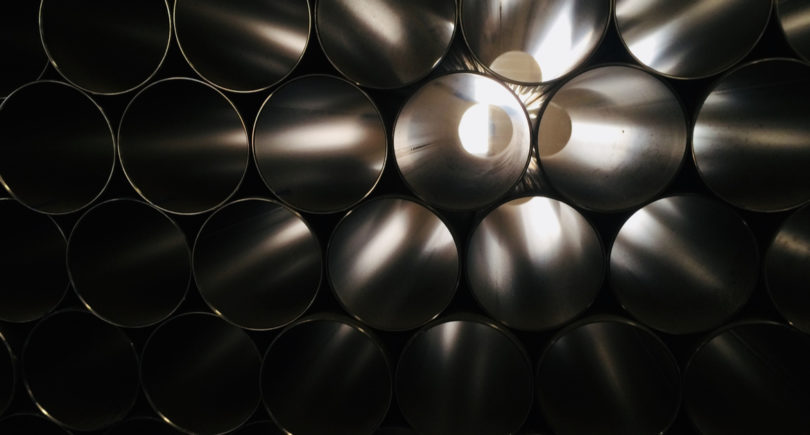
News Global Market scrap export 3069 22 April 2024
Turkey, which is the main consumer of raw materials from Israel, will be under the greatest pressure from the introduction of restrictions
The Israeli Ministry of Economy insists on legislative changes to restrict the export of steel scrap. This was reported by Kallanish with reference to local media.
According to the ministry, the country’s steel industry faces a shortage of hundreds of thousands of tons of scrap annually. During the war in Gaza, the deficit was exacerbated by various factors, including a decline in the productivity of scrap companies and the suspension of tenders for its sale.
Approximately 90% of Israeli scrap exports go to Turkey. In January, Turkish steelmakers imported 35.95 thousand tons of scrap, and in February – 30.06 thousand tons. Of the total volume of scrap imported by Turkey in 2023 (18.8 million tons), 400 thousand tons came from Israel.
Trade relations between Turkey and Israel are deteriorating. In particular, Turkey recently announced restrictions on the export of a wide range of products to Israel, including steel.
The restrictive measures will apply to the export of 54 categories of products, including iron, marble, steel, aluminum, bricks, fertilizers, construction equipment and products, aviation fuel, etc. Israel plans to impose restrictions in response.
As GMK Center reported earlier, global trade in steel scrap will decline by about 15% by 2030, from 110 million tons – to 93 million tons. This will be driven by higher domestic consumption and lower exports. Currently, global trade accounts for about 17% of the world’s annual scrap collection (≈110 million tons).
In 2023, global consumption of ferrous scrap decreased by 5% compared to 2022 – to 588 million tons. The ratio of iron ore to scrap in the steel industry was 70:30 compared to 69:31 in 2021.
The overall decline in global scrap consumption was driven by a decline in steel production in Turkey and key South Asian markets and a reduction in global scrap trade. This was also affected by restrictions in exporting countries.




